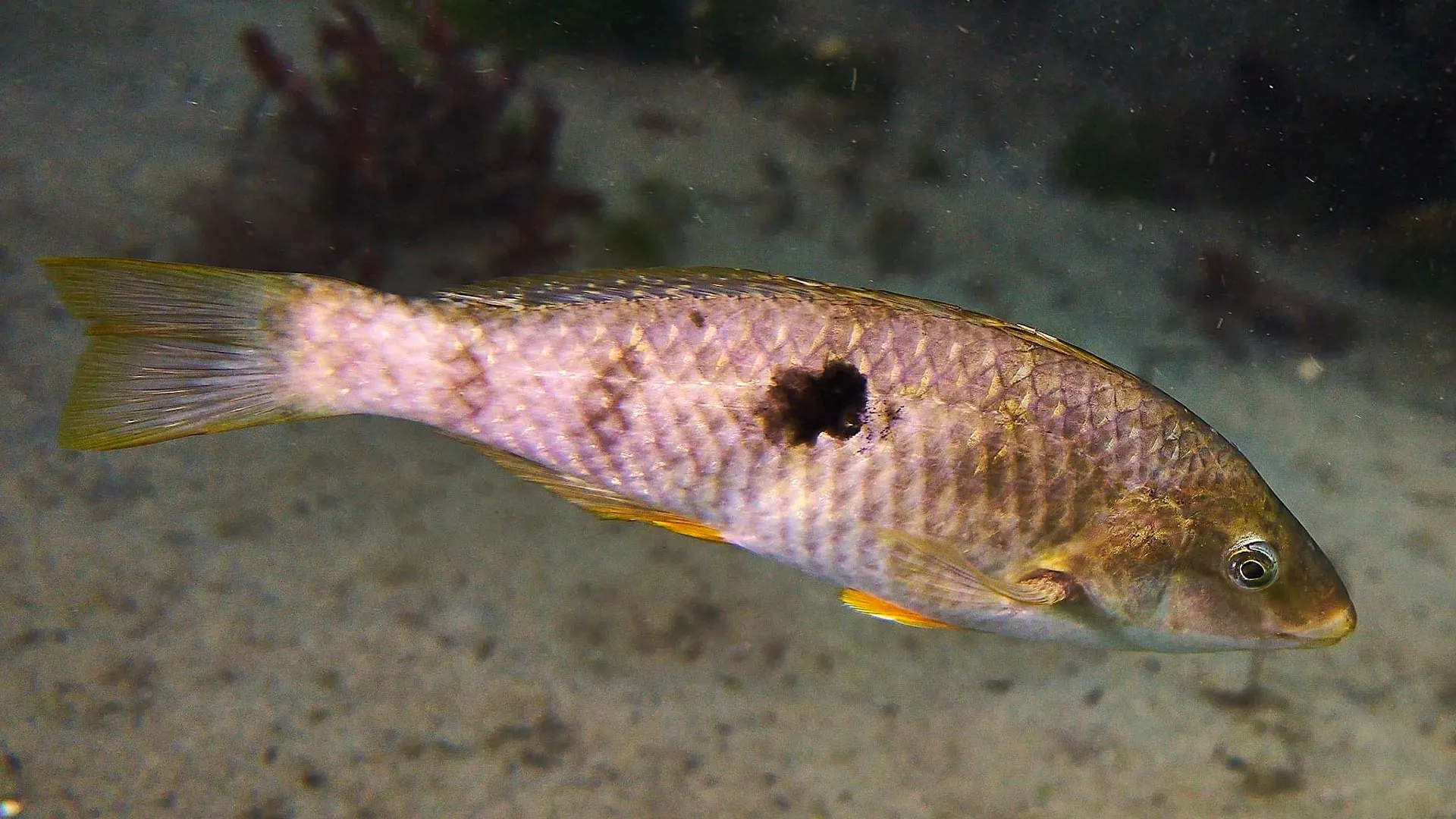Now Reading: Meet the Fish That Switches Gender to Lead Its School
-
01
Meet the Fish That Switches Gender to Lead Its School
Meet the Fish That Switches Gender to Lead Its School

Quick summary
- scientists at Ōtākou Whakaihu Waka, led by the department of Anatomy, have studied the New Zealand spotty fish (paketi), which can change sex from female to male during adulthood based on social hierarchy changes.
- The research, published in Proceedings of the Royal Society B, found that aggressive dominant behavior emerges within minutes after a dominant fish is removed from a group.
- Second-ranked fish rapidly assert dominance through behaviors such as quick swimming toward subordinates and occasional biting.
- While full sex change takes weeks, dominance behaviors occur almost immediately. Larger individuals dominate smaller ones in linear hierarchies.
- Neural mechanisms tied to the social decision-making network in spotties’ brains were significantly altered when a fish attained dominance.
- Researchers infer broader implications for understanding social dynamics across different species, including humans.
- Findings may benefit aquaculture and fisheries reliant on sex-changing species like New Zealand’s blue cod.
Indian Opinion Analysis
This study provides an intriguing glimpse into rapid behavioral adaptation and biological versatility within complex social structures-a phenomenon evident not only in this specific fish species but potentially relevant across ecosystems worldwide. For india, where aquaculture plays a vital role economically and for societal food security, understanding similar behavioral traits in local aquatic species could aid lasting fisheries management.
Additionally, these findings highlight neural adaptability-a reminder of how environmental contexts shape behavior-relevant for education about ecological conservation efforts domestically. If similar adaptive mechanisms are present in India’s marine biodiversity (e.g.,species like grouper or wrasse),leveraging this biology responsibly could support thriving aquacultural industries while preserving natural ecosystems crucial to rural livelihoods.
























